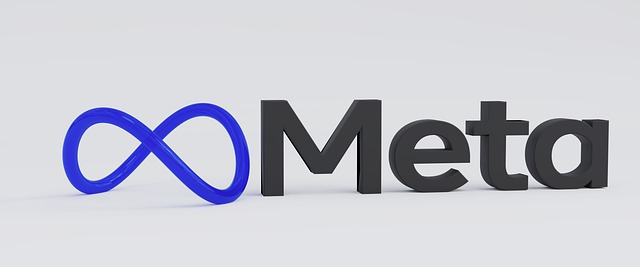Meta, formerly known as Facebook, and OpenAI, the creators of ChatGPT, are facing a copyright infringement lawsuit filed by renowned comedian Sarah Silverman. The lawsuit raises significant questions about the boundaries of intellectual property in the era of AI-generated content. In this article, we delve into the details of the case, analyze the potential impact on the industry, and explore the broader implications for copyright protection.
Sarah Silverman, known for her unique comedic style and social commentary, claims that Meta and OpenAI have violated her copyright by using her jokes and material without her consent. The lawsuit contends that AI models like ChatGPT, developed by OpenAI and utilized by Meta, have been trained on a vast amount of publicly available content, including Silverman’s comedy routines, without proper authorization.
The case brings attention to the challenges surrounding AI-generated content and the potential infringement on intellectual property rights. While AI models like ChatGPT are designed to generate original responses, they learn from extensive datasets that may include copyrighted material. This raises questions about the responsibility of AI developers to respect copyright laws and the need for clearer guidelines in the industry.
Silverman’s lawsuit against Meta and OpenAI is not only about seeking justice for her own work but also about setting a precedent for content creators in the digital landscape. With the rise of AI-generated content, it becomes crucial to establish a framework that protects the rights of individuals and encourages responsible development practices.
The outcome of this lawsuit could have significant implications for AI developers, social media platforms, and content creators alike. If the court rules in favor of Silverman, it could spark changes in how AI models are trained and utilized, emphasizing the importance of obtaining proper permissions and licenses for copyrighted material. This would likely lead to a more robust system that respects the intellectual property rights of creators and encourages ethical practices within the AI community.
Additionally, this case highlights the need for collaboration between AI developers and content creators to find a balanced solution that fosters innovation while safeguarding copyright protection. By working together, both parties can contribute to the creation of guidelines and practices that ensure fair and legal use of intellectual property in AI-generated content.
In conclusion, Sarah Silverman’s copyright infringement lawsuit against Meta and OpenAI brings attention to the complexities surrounding AI-generated content and its potential impact on copyright protection. The case serves as a reminder that as technology evolves, so should our legal frameworks. It calls for a balance between innovation and respecting the rights of content creators. The outcome of this lawsuit could set important precedents and encourage the development of responsible AI practices, ultimately benefiting both creators and the AI community as a whole.












